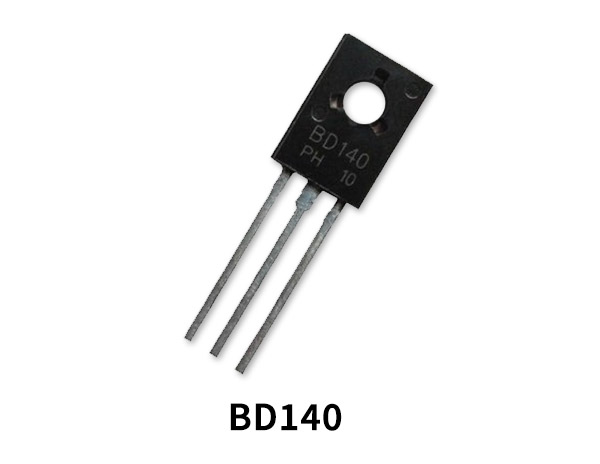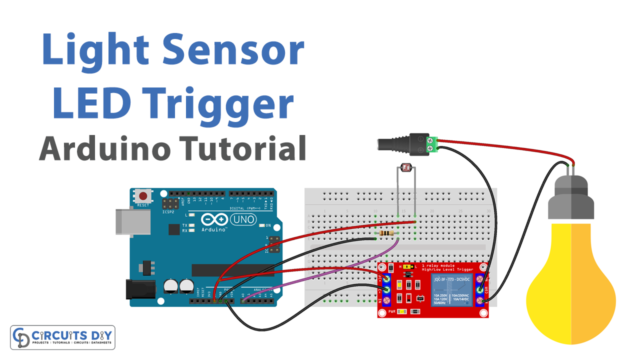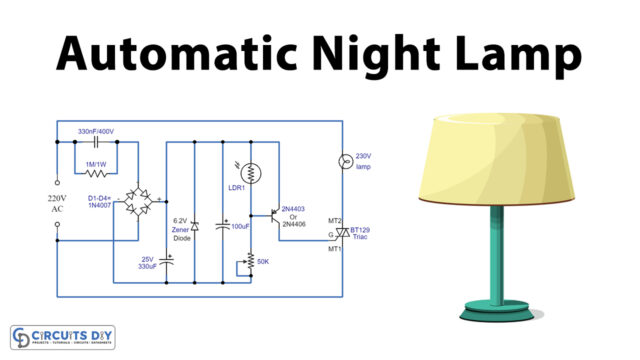An LED Emergency Light powers ON when there is not enough lighting or if the main power supply is cut-off. Earlier, fluorescent lights were used to build such circuits. But the use of LEDs has proven to provide adequate lighting for a longer period before the battery drains completely. In this project, we are going to build a simple LED emergency light circuit using an LDR.
A photoresistor or light-dependent resistor is a component that is sensitive to light. It is basically a photocell that works on the principle of photoconductivity. This passive component is basically a resistor whose resistance value decreases when the intensity of light decreases. It is not uncommon for the values of resistance of an LDR or photoresistor to be several MegaOhms in darkness and then to fall to a few hundred ohms in bright light.

Hardware Components
The following components are required to make LED Emergency Light Circuit
| S.no | Component | Value | Qty |
|---|---|---|---|
| 1. | Breadboard | – | 1 |
| 2. | Connecting wires | – | 1 |
| 3. | DC Supply | 12V | 1 |
| 4. | Resistor | (33, 220) ohms, 10K | 1 |
| 5. | Potentiometer | 50k | 1 |
| 6. | LDR | – | 1 |
| 7. | Transistor | BD139, BD140 | 1 |
| 8. | LED | 5mm | 1 |
BD139 Pinout

For a detailed description of pinout, dimension features, and specifications download the datasheet of BD139
BD140 Pinout

For a detailed description of pinout, dimension features, and specifications download the datasheet of BD140
LED Emergency Light Circuit

Working Explanation
This circuit will turn on a 1-watt LED when there is no light on the surface of the LDR. The circuit operation depends upon the variation of resistance of the LDR (light-dependent resistor).On completing the circuit, When LDR is exposed to a sufficient amount of light, its resistance decreases. Subsequently causing the voltage at the base of the PNP transistor to reduce as well.
When the LDR is exposed to a dark environment, its resistance increases causing the voltage at the base of the PNP transistor to rise as well. This voltage acts as a control signal for the BD139 NPN transistor, triggering the output LED attached to the 33 Ohm 1W resistor. The control signal at the base of the PNP transistor can be tuned by using a 50K pot.
Applications
- Serves as an emergency backup in security systems and industrial sites.
- It can function as an emergency lamp in home & office setups.
- It can be used in study rooms and workplaces in order to avoid sudden power failures.







